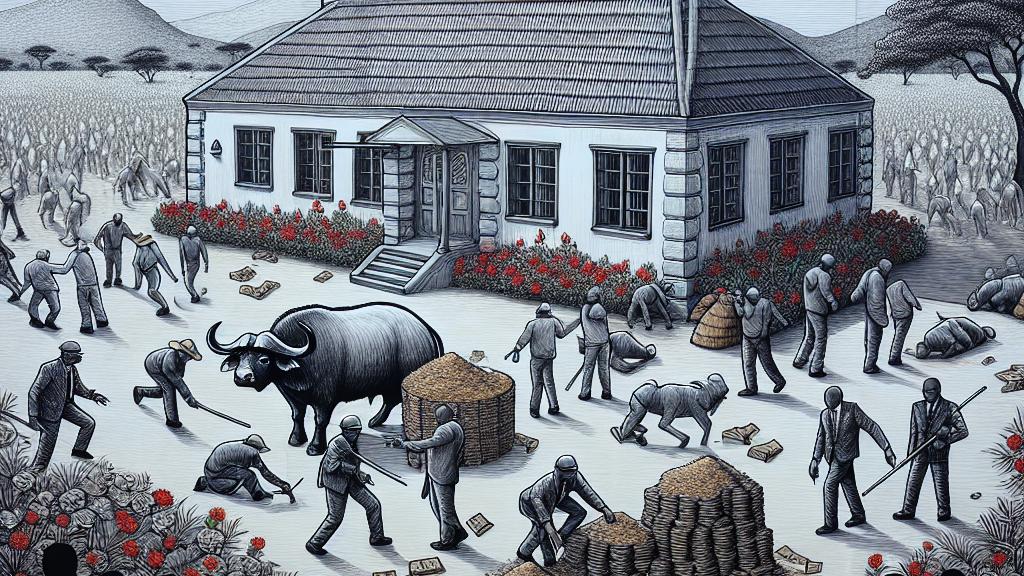Decision Not to Charge: Ramaphosa's Phala Phala Controversy Explained
Overview
- Cyril Ramaphosa has joyfully avoided criminal charges in the Phala Phala scandal, a significant relief amid persistent political scrutiny.
- Prosecutors have determined that the evidence was too weak following a meticulous investigation, highlighting gaps in the legal process.
- This controversial incident serves as a critical chapter in South Africa’s political narrative, underscoring ongoing concerns about corruption and accountability.

The Scandal Unveiled
At the heart of the Phala Phala scandal lies an audacious heist in which $4 million was stolen from President Cyril Ramaphosa's luxurious game farm in Limpopo, South Africa. The drama unfolded when former intelligence chief Arthur Fraser accused Ramaphosa of not only attempting to bury the crime but also of engaging in a calculated cover-up involving potential kidnappings. Instead of immediately contacting law enforcement, it was alleged that he took matters into his own hands, raising eyebrows about his accountability. Ramaphosa, however, maintains that the stolen funds were the result of legitimate buffalo sales. This claim has not only been met with skepticism but has also ignited a fiery debate about ethics and transparency in governance, particularly in a country grappling with high unemployment and economic instability.
Prosecutors' Finding: Case Closed?
In a pivotal moment, the National Prosecuting Authority (NPA) announced their decision to not press charges against Ramaphosa, concluding that the evidence was insufficient to support the serious allegations. Director Ivy Thenga emphasized that after a comprehensive evaluation, it was clear that the claims could not withstand legal scrutiny. Yet, while this news offers some reprieve for Ramaphosa, the investigation into the actual robbery continues, with three individuals reportedly remaining under scrutiny. These suspects are set to face serious charges, including house-breaking and money laundering, proving that while Ramaphosa may have escaped legal consequences, the community's sense of justice is still being addressed.
Wider Political Implications and Future Prospects
This scandal's repercussions extend far beyond the courtroom, as they have thrust South Africa’s political landscape into a whirlwind. Ramaphosa, having recently secured re-election partly due to a surprising coalition formed with the Democratic Alliance, now faces a citizenry wary of political corruption and accountability. During election campaigns, many South Africans called for more transparency and rigorous scrutiny of their leaders. Despite the electoral victory, the shadows of the Phala Phala scandal linger, sparking debates about the integrity of political institutions. Ramaphosa must now navigate these turbulent waters while striving to restore public confidence in governance. The challenges ahead are significant, but so are the opportunities for reform and revitalized trust in South African democracy.

Loading...